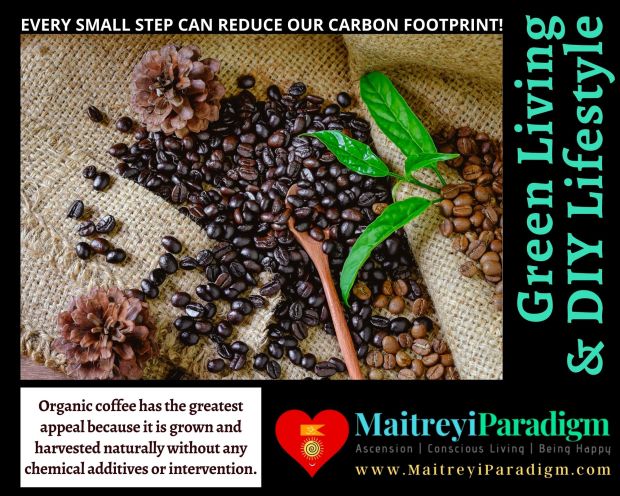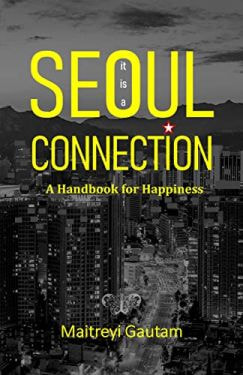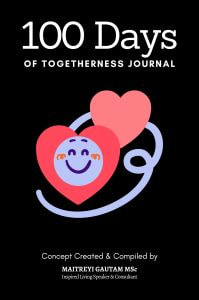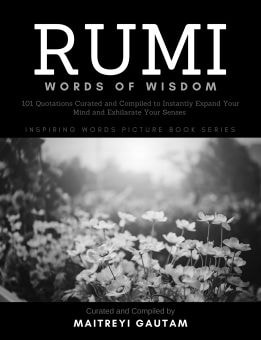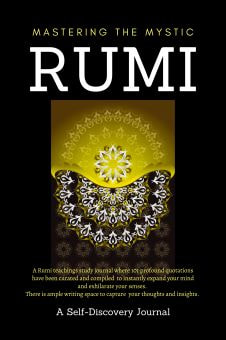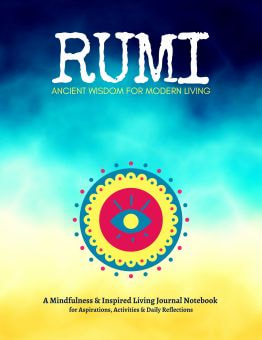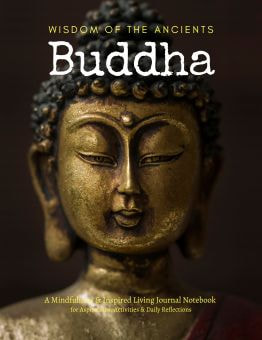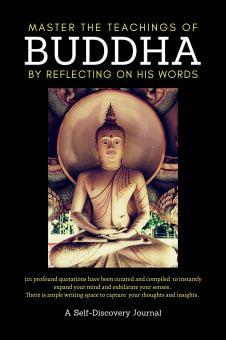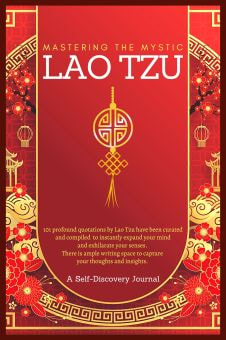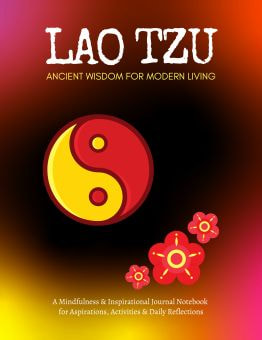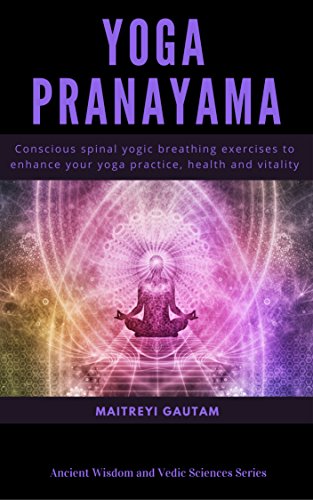Coffee is a beverage that is brewed from the beans of certain flowering plants. The coffee fruit contains the seeds, which are separated to make a stable raw product. This raw product is unroasted green coffee.
Roasting coffee transforms the chemical and physical properties of green coffee beans into roasted coffee products. Roasting coffee produces the distinctive flavor by changing the taste of the beans. Unroasted beans have similar, if not greater, levels of acid, protein, sugars and caffeine to those that are roasted. However, they lack the flavor of roasted coffee beans because of the Maillard reaction and other chemical reactions that take place during roasting.
Coffee roasting includes several chemical transformations that contribute to the flavor, aroma, and body of the finished cup. Many of these reactions are sensitive to variations in temperature and length of exposure to heat. So, a small change in roasting technique can have a profound impact on profile.
Many conventionally grown coffee contain health-harming contaminants like Ochratoxin A, Acrylamide, Polycyclic Aromatic Hydrocarbons, Yeast, and Pesticides. They can cause fatigue, brain fog, and other symptoms such as weakness and fatigue. Long-term health effects include cancer and neurodegenerative diseases. Because of this, it is crucial to select high-quality coffee beans.
Organic coffee has the greatest appeal because it is grown and harvested naturally without any chemical additives or intervention. There are no pesticides, herbicides, fungicides, or insecticides used in the agricultural process. If fertilizer is needed to help the coffee plants grow, then farmers use natural alternatives like compost and coffee pulp.
In addition, most organic coffee is grown the natural way – within the shade of lush forests (coffee plants love to grow in shade), providing a home for wild plants and animals, sustaining soil fertility, and keeping unique regional ecosystems alive.
Because of this Organic Coffee is not only healthier but is also a sustainable and green alternative. And to top this, most organic coffee cultivators are also Fair Trade partners- so you can be sure that your coffee beans are not sourced with blood, but that the workers have been paid fair wages and they have been provided humane work conditions.
Understanding the lifecycle that a coffee-cherry goes through to become the flavorful coffee bean that you can grind and brew a steaming cup, will help you to make wise choices for your morning beverage!
| |
Green Living , Healthy Eating and Life Management
Keywords and Tags:
#greenliving #fairtradefoods #organicliving #wholisticliving #saveourplanet #sustainableliving #organiccoffee #fairtradecoffee #earthfriendlyliving #SustainableLifestyle #LiveConsciously

